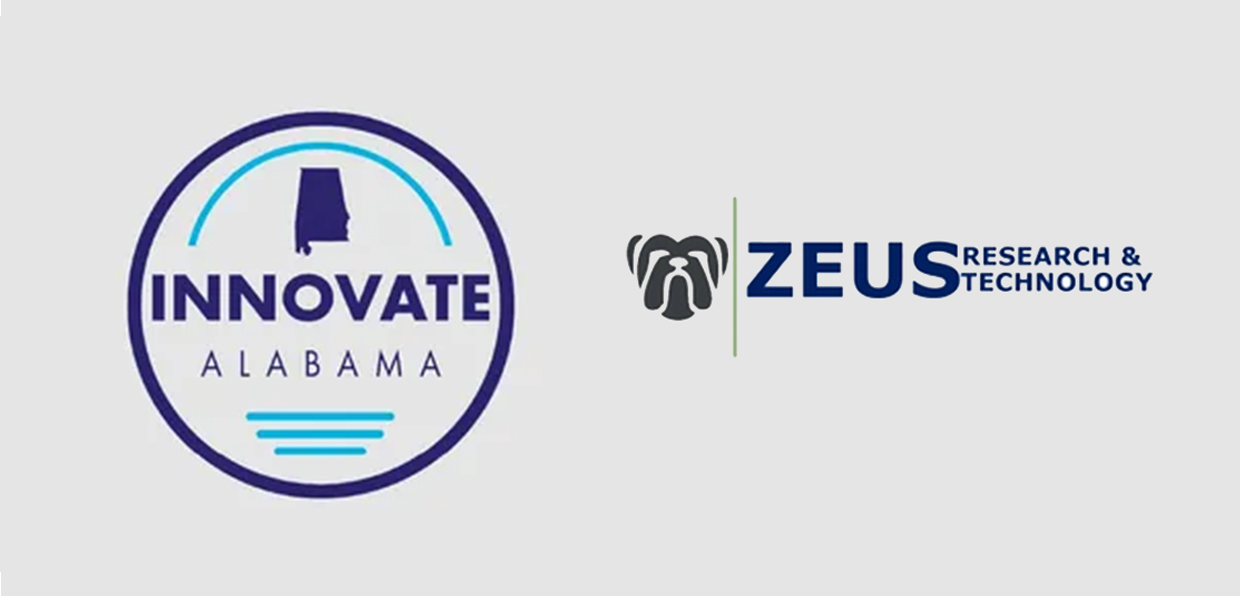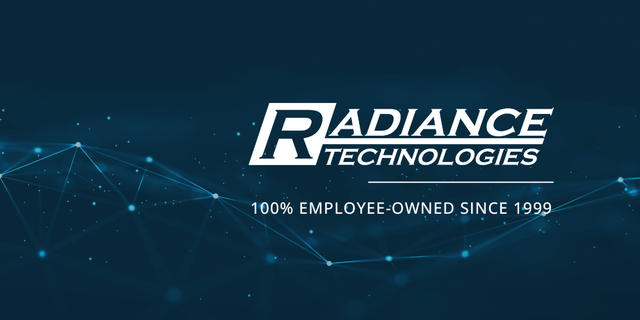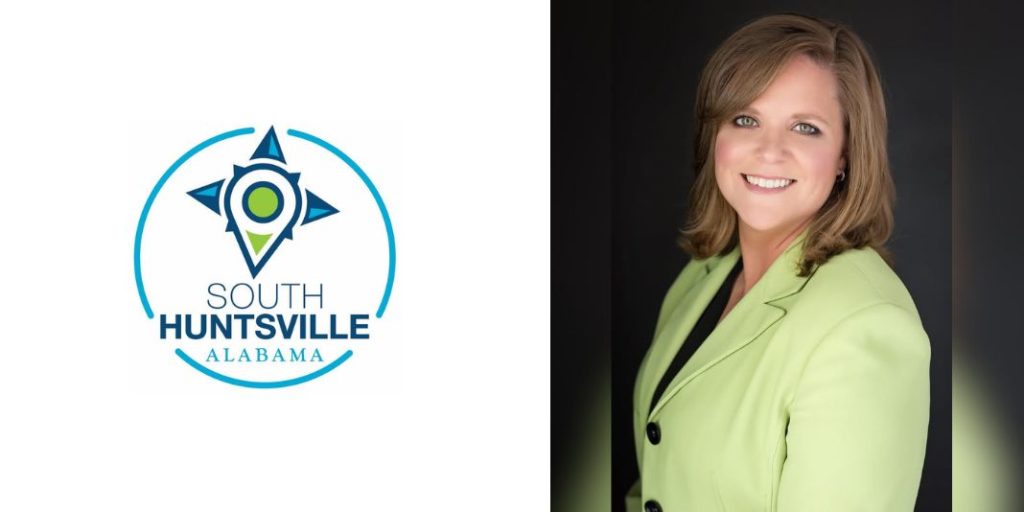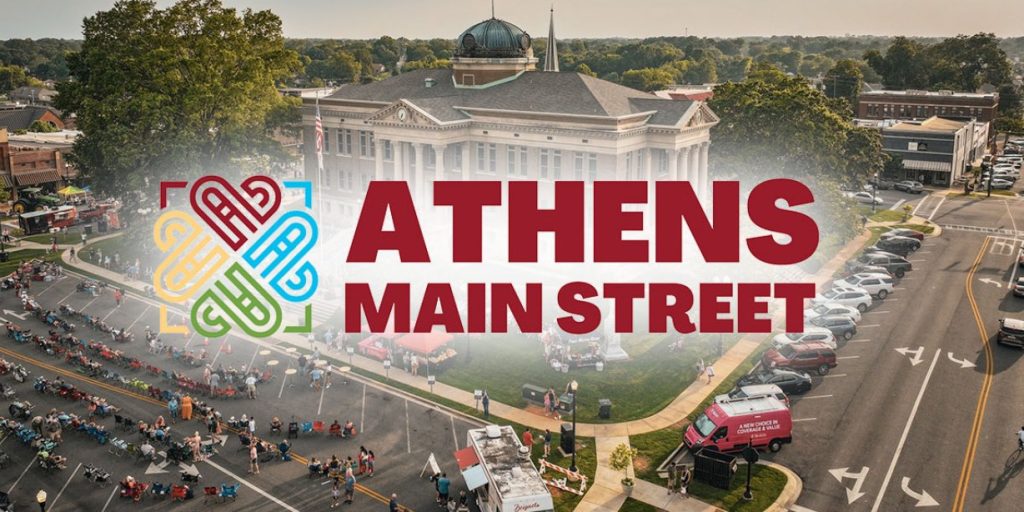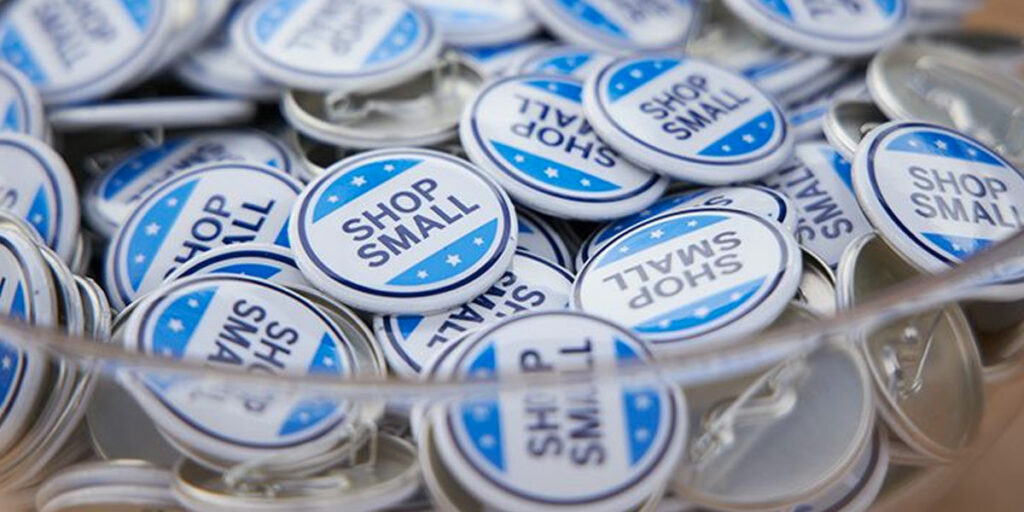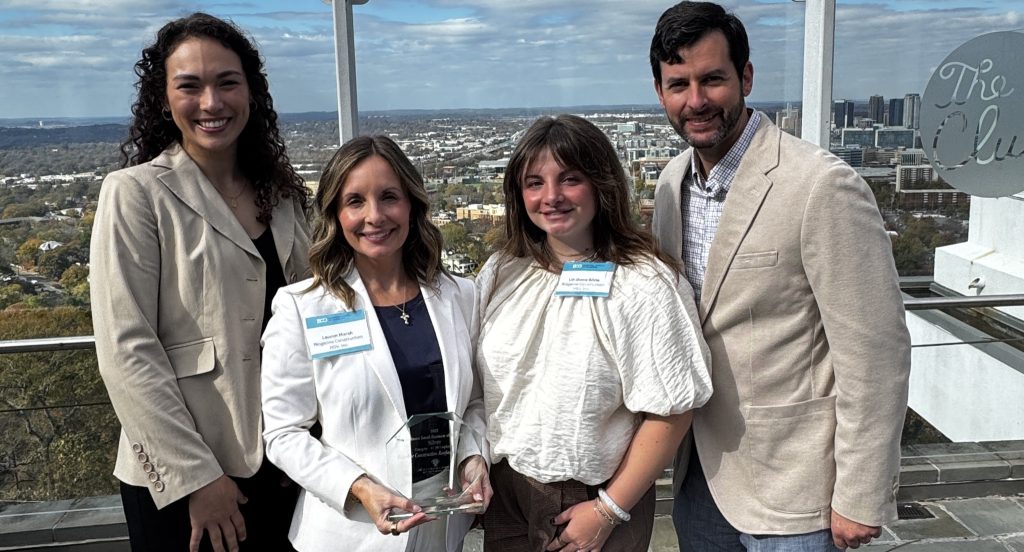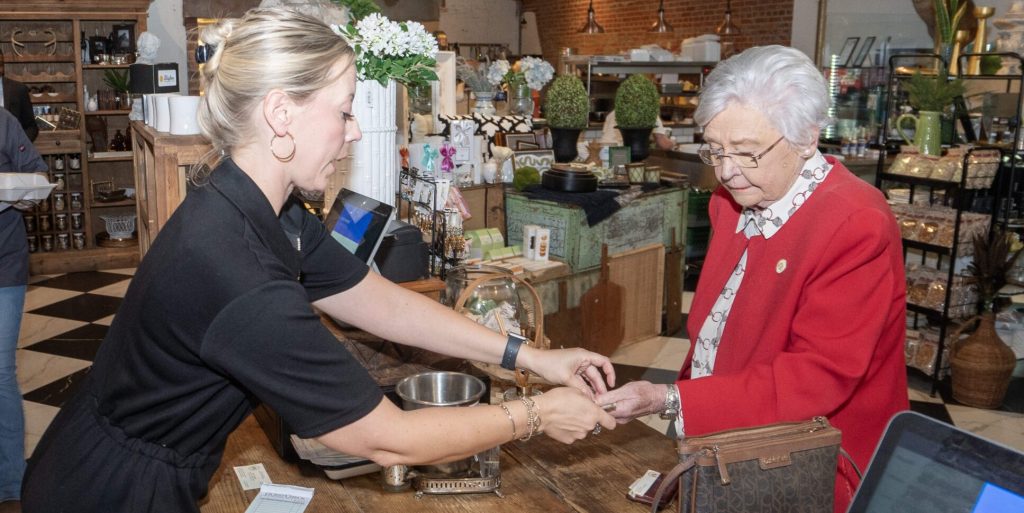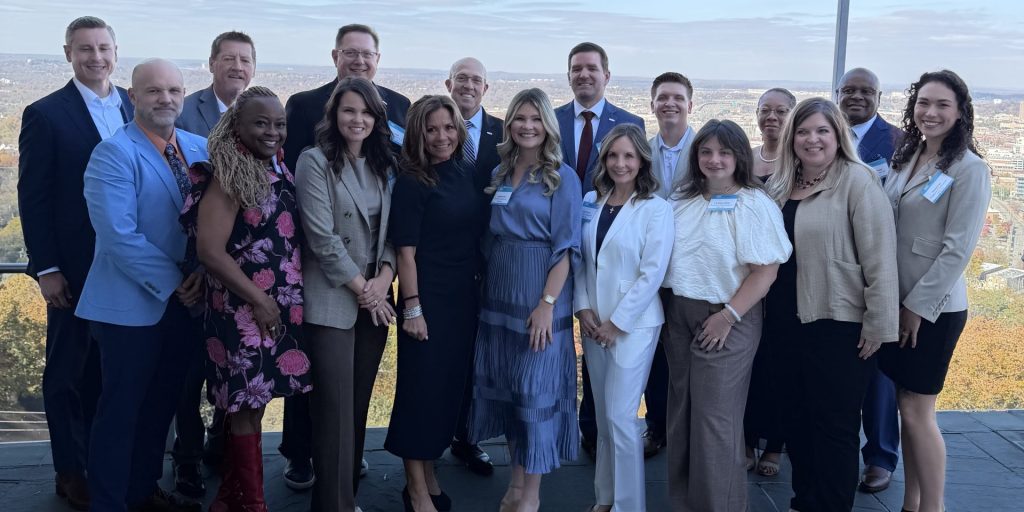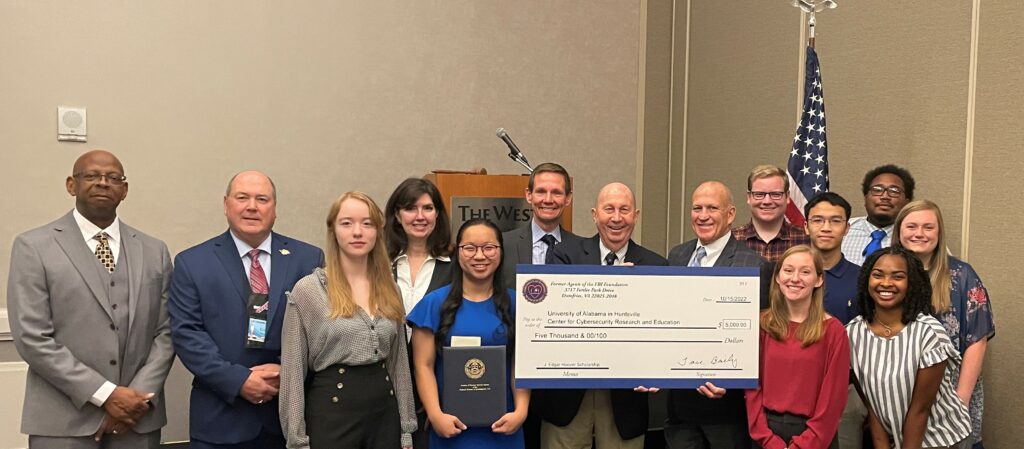HUNTSVILLE – When Zeus Research was awarded a grant from Innovate Alabama recently, company officials saw it as an opportunity to test a new technology.
In late August, Innovate Alabama awarded more than $4.5 million in up-funding to recipients of Phase I and Phase II SBIR and STTR grants.
The Huntsville-based defense contractor was one of 12 North Alabama companies awarded up to $250,000 of supplemental funding to support the growth of their small businesses by commercializing their technology to solve global issues. In five whirlwind years, Zeus Research ballooned into 10 employees and recently moved from small offices in downtown Huntsville to 675 Discovery Drive, the former McDonnell Douglas building in Cummings Research Park.
One of the hot topics of the year in defense circles is finding alternate navigational technologies that are more accurate and less susceptible to jamming by enemies than GPS.
“We always say there is no school for navigation engineering,” said Virginia Overstreet, co-founder and CEO of Zeus Research. “I am a mechanical engineer, and my business partner, Brian is an electrical engineer by study, but having worked for the government most of our careers, we had a lot of training in navigational systems before starting Zeus Research.”
Brian Baeder, Zeus co-founder and company president, said at the time they submitted an application for the supplemental funding, Zeus only had a Phase I SBIR through the Army, making them only eligible for half of Phase I.
That award of $78,000 will go a long way toward testing the company’s navigation technology and systems. Most specifically, it will help derive an accurate location and aim point of a howitzer or extended range cannon, while it’s testing. This will allow engineers to reduce the gun firing test timeline from five minutes to 20 seconds.
The funds will also help support some of Zeus’ prototyping capabilities inhouse, according to Overstreet.
“We typically perform a lot of support work for the Army, so we can leverage Army resources on any work related to weapons systems,” said Overstreet. “But if we have quick turnaround projects or have to find a fabricator and send something out for fabrication, then we have to use our own money. That is a slow process that gets very costly.
“This up-funding will go, in part, toward standing up our inhouse fabrication capability.”
On an exciting day at Zeus Research, the company is testing navigational technology, usually using team instrument test kits, instrumenting them for driving tests.
“Everyone’s question is always ‘What is that going to cost?’, right?” Overstreet said. “How can we make it smaller and most cost efficient? How do we do it better for less money?”
“Costs with the military are one thing,” Baeder said. “But we pay for the reliability and robustness of these systems. If you miss a phone call because your signal gets blocked, then you just wait a few minutes and call back. If you are in the field, you don’t have that luxury.
“A lack of reliability at a critical time demands that we price that into those components, and that is usually where the big cost differences occur between the military and commercial systems.”
Baeder compares driving instrument test kits around to Google camera trucks, mapping out the area.
“Our niche is taking a lot of different technologies and putting them together,” said Baeder. “It is very costly to put new technology on flight tests, so this is a rather low-cost method of testing.”


